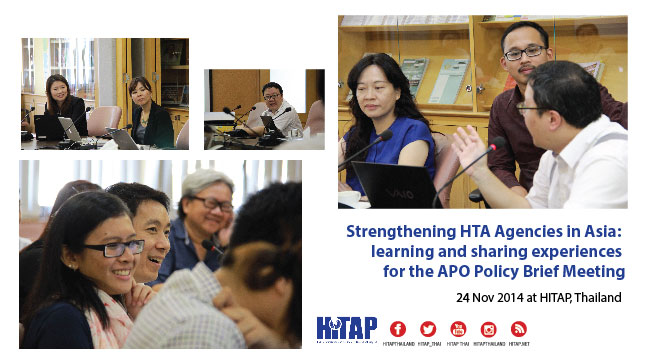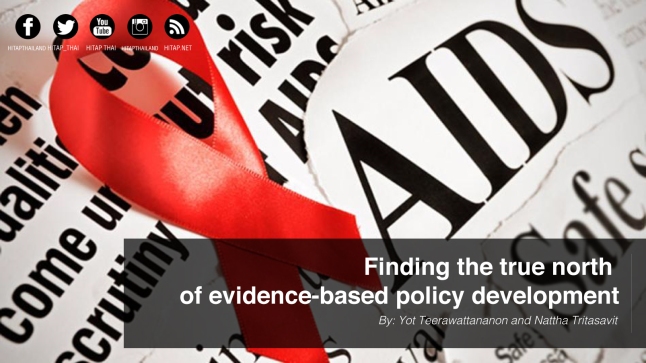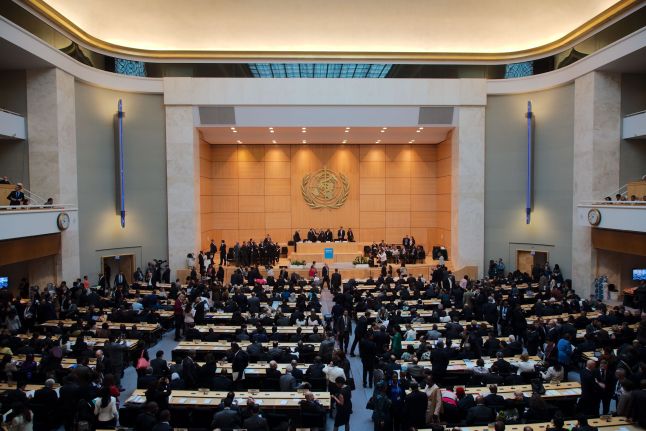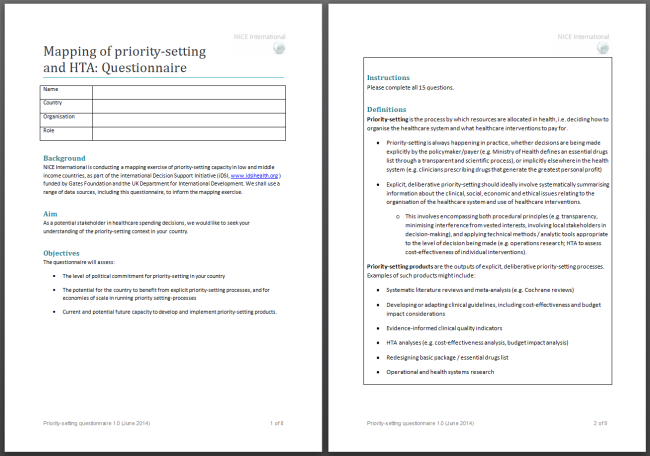Nattha Tritasavit and Chalarntorn Yothasamutra
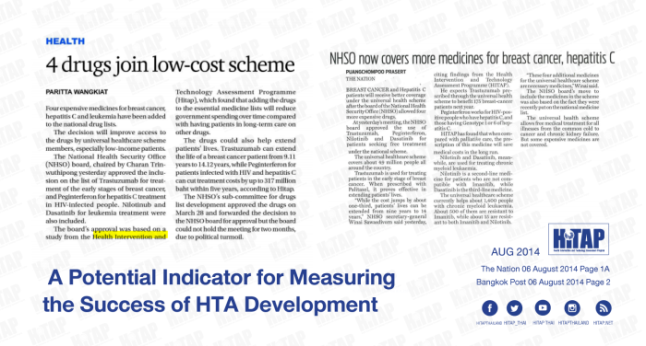
One day I was perusing the news and came across an article about the inclusion of five new high-cost drugs in the Thai benefits package. Unbeknownst to me, the Thai Universal Health Coverage (UHC) released a news article in all domestic newspapers informing the public that the Director-General of the National Health Security Office (NHSO), which manages UHC, claimed that the decision to include the high-cost drugs by the NHSO board was made based on evidence supported by an HTA agency. This was regardless of the fact that there is no law in place mandating the use of evidence to inform policy in Thailand. We write about this event not to proclaim the success of an HTA agency in a low- and middle-income country, but to share our view regarding a possible indicator for measuring HTA impact.
Developing HTA systems in low- and middle income countries, one of the aims of the iDSI, is regarded as one of the most challenging tasks. Establishing HTA in any setting does not only include completing HTA reports and training local staff to conduct HTA, but it also means institutionalizing HTA and creating social capital from it. This case illustrates the impact of making HTA attractive enough for decision makers to use it willingly as a defense for their decisions to the public.
Note: the evidence generated for one of the high-cost drugs was conducted in collaboration with Silapakorn University and Ramathibodi Hospital.
See more research about HTA project at www.hitap.net
Follow us on : Facebook and Twitter
